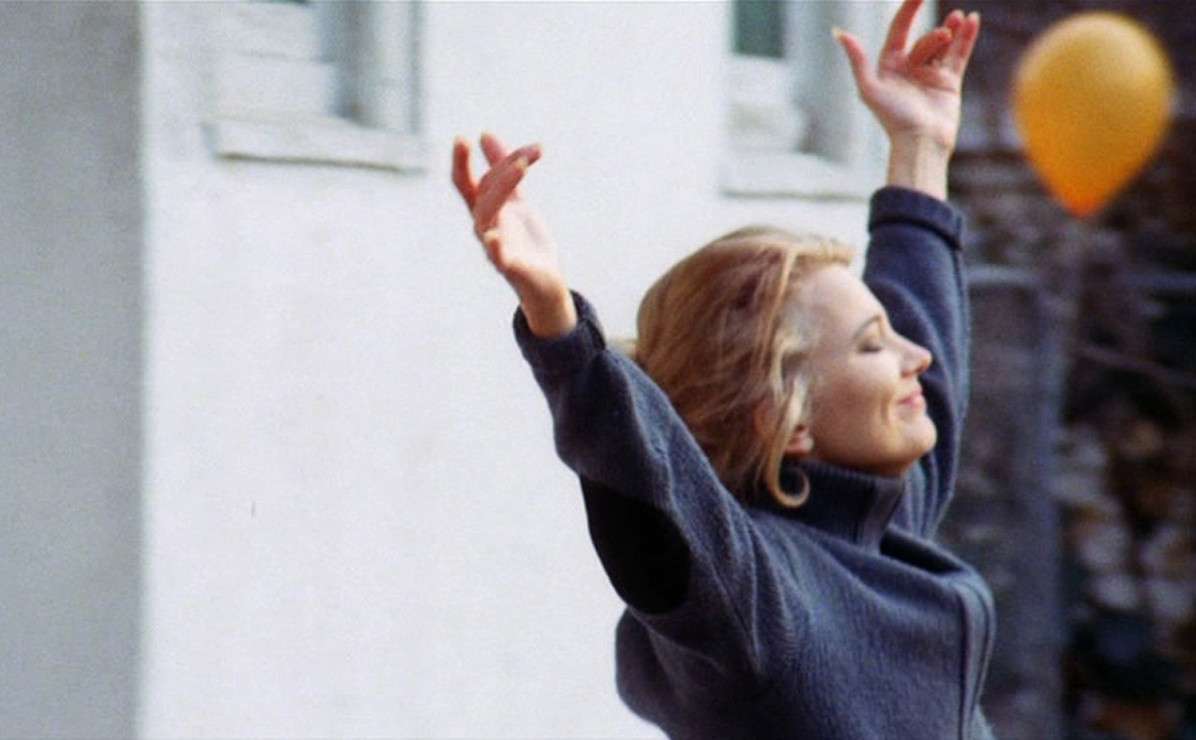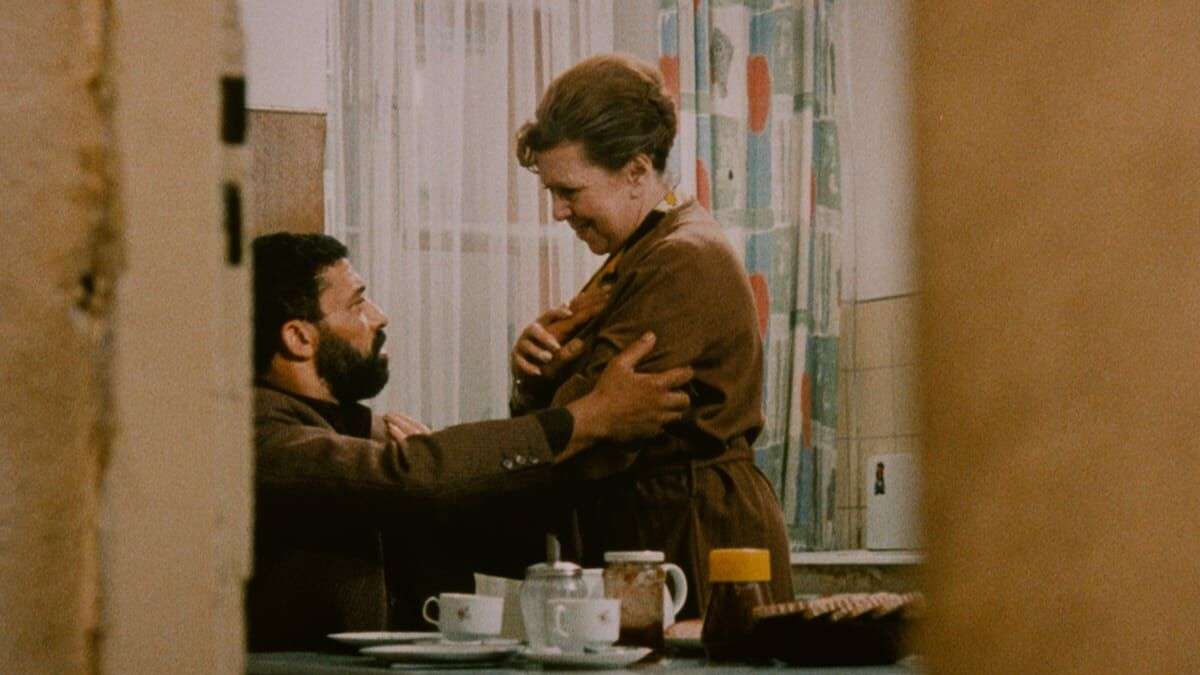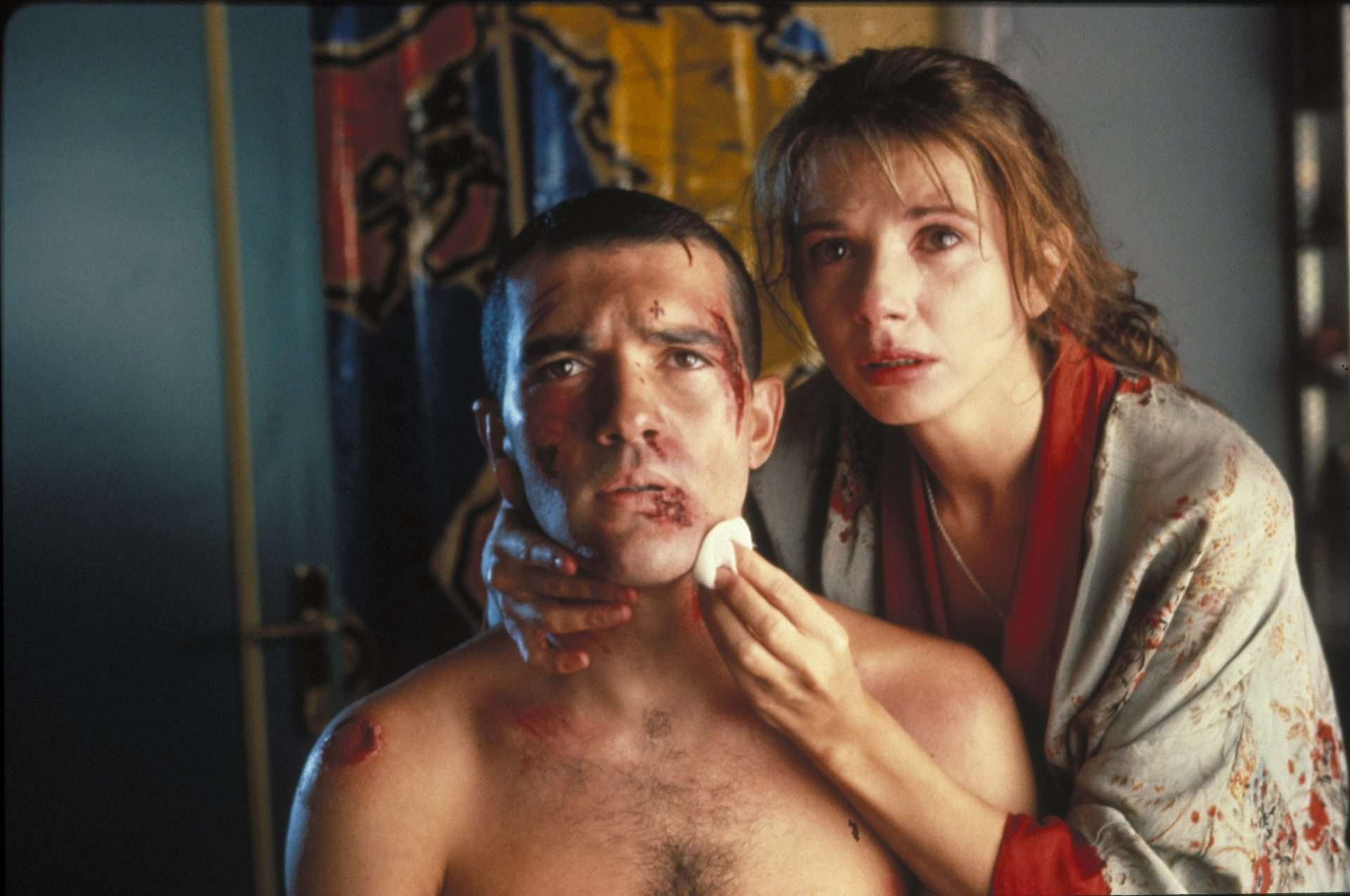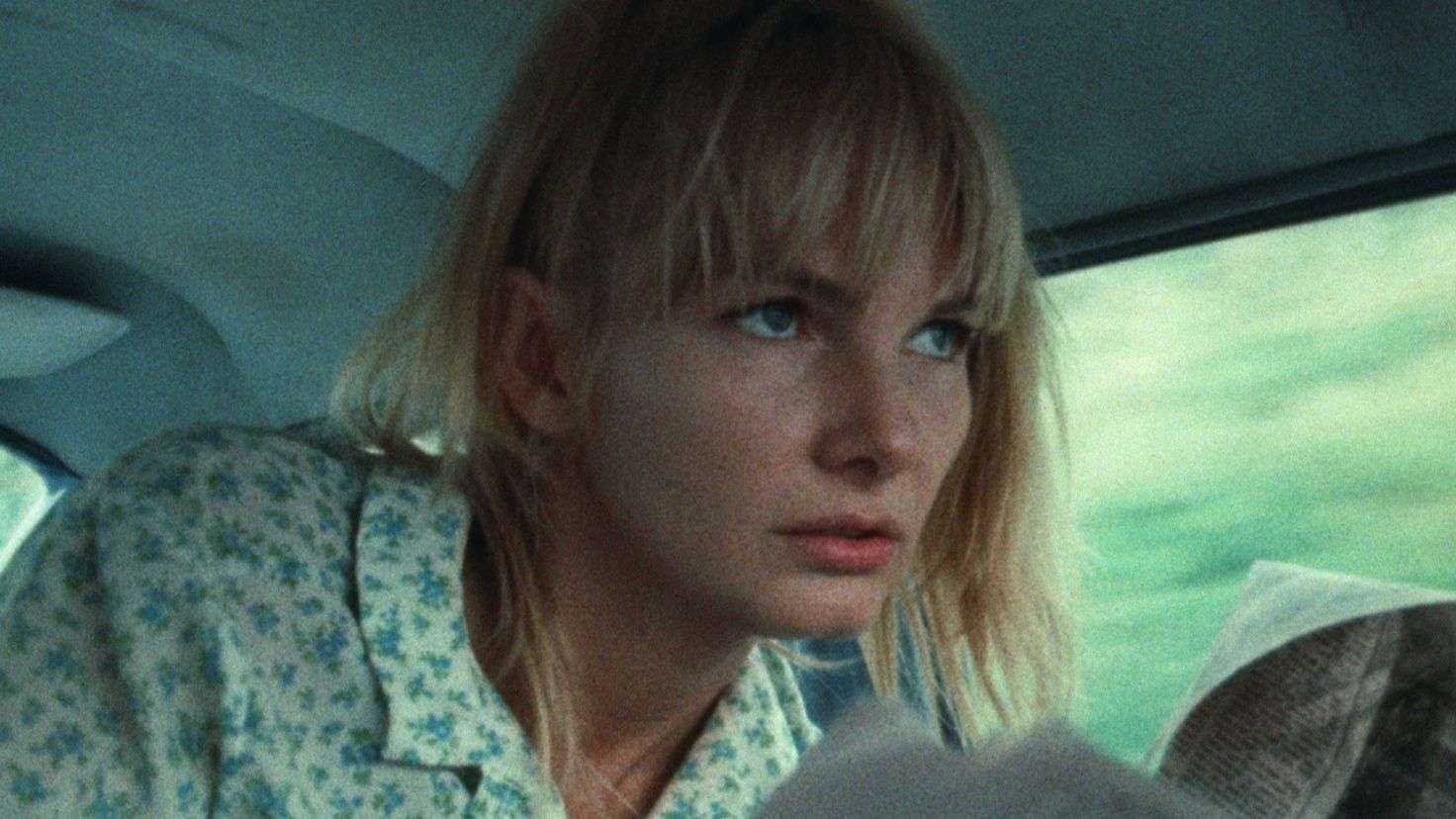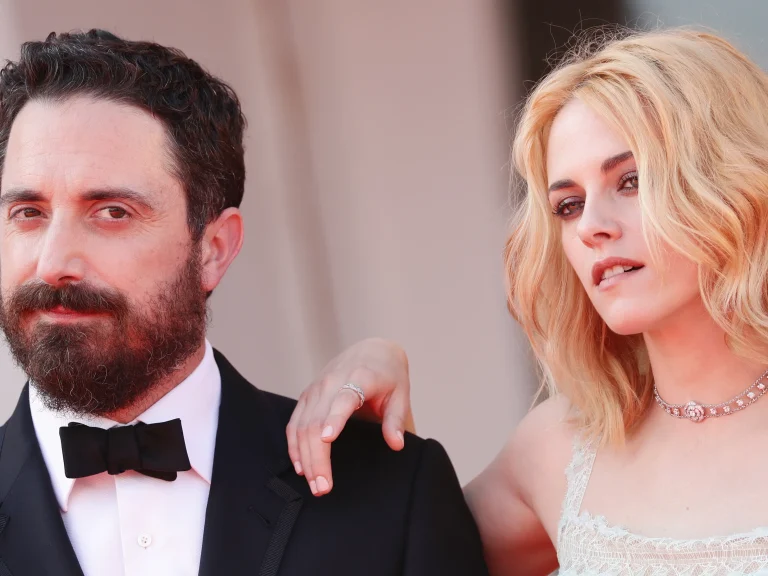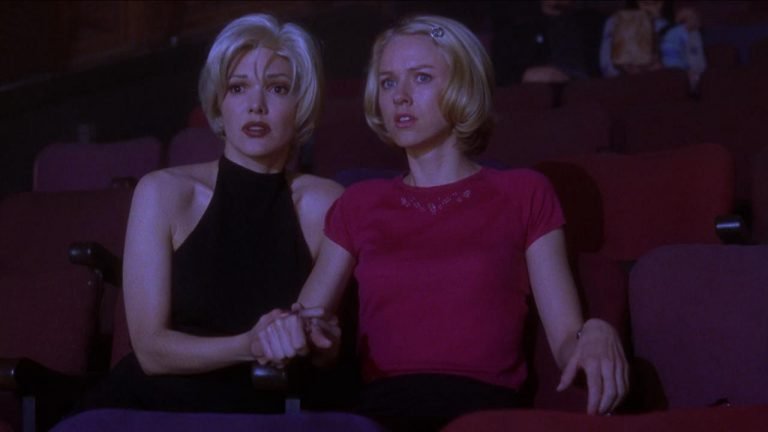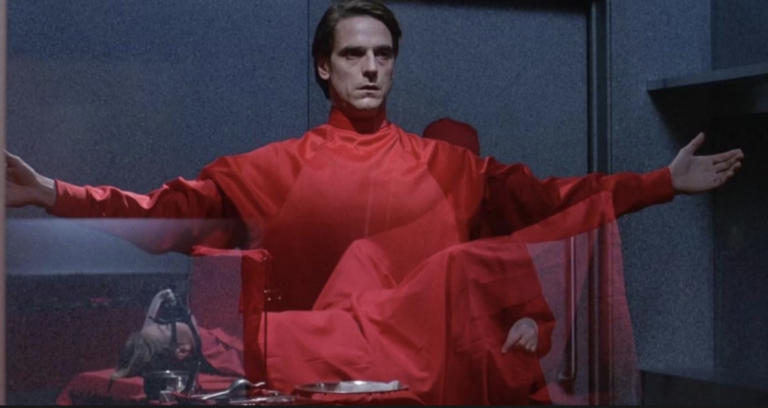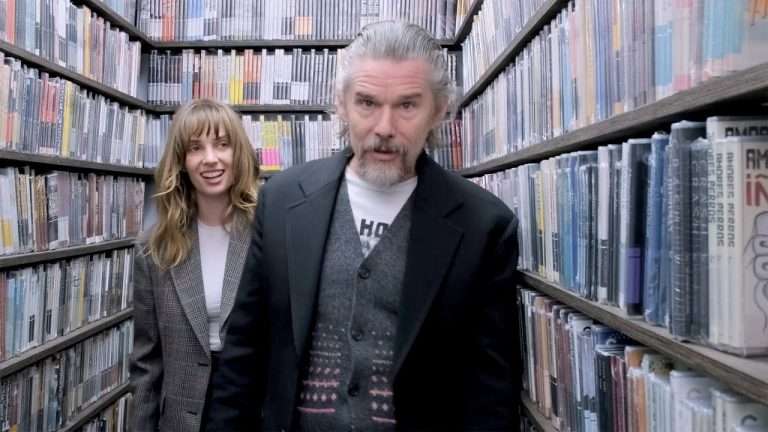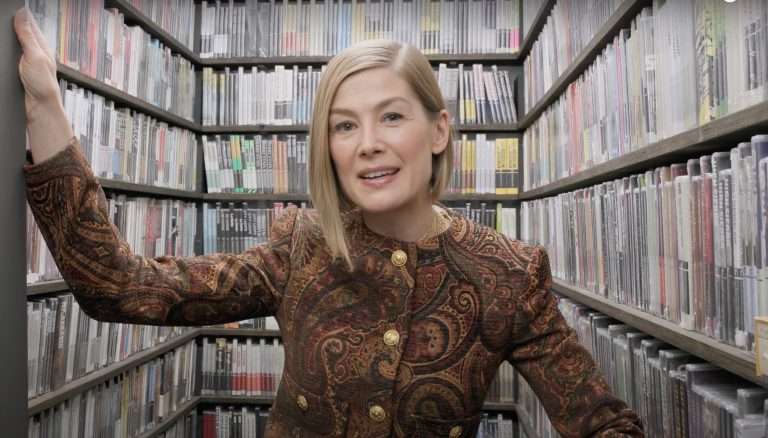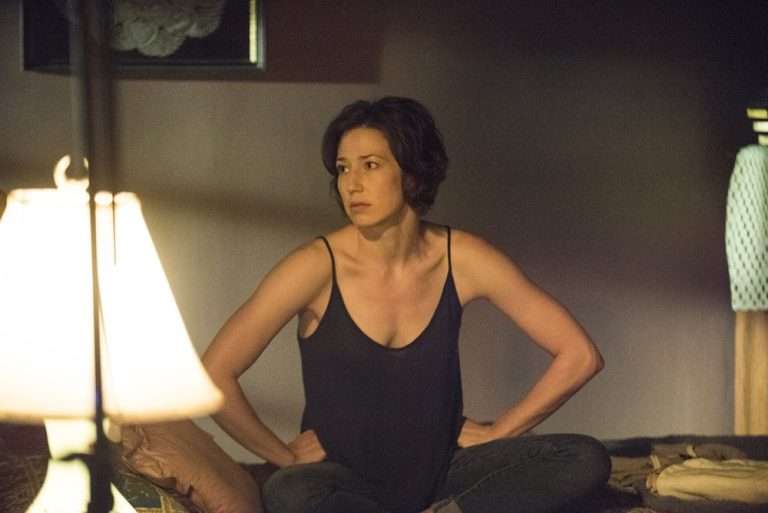Aubrey Plaza rose to fame after her role as April Ludgate in the critically-acclaimed sitcom ‘Parks and Recreation’. With that performance, she became widely known for her deadpan style of humor. She ingeniously maintained that persona in many of her projects while working with directors like Edgar Wright to Jude Apatow. Her breakthrough performance in ‘Safety Not Guaranteed’ also earned her a Young Hollywood Award in 2012.
Over the years, Plaza has also shown her dramatic chops in films like ‘Black Bear’, ‘Emily the Criminal’, ‘Ingrid Goes West’, and ‘Happiest Season’. These projects allowed us to see a deeper or darker side of her abilities, impressing us with their nuance. Besides these movies, her TV performances earned her a lot of much-deserved praise and recognition. Her eccentric performance in the Marvel Comics-inspired show ‘Legion’ and in Mike White’s satirical black comedy, ‘The White Lotus’ are other highlights of her career.
While being a frontrunner for this performance in this popular TV show, Plaza has many exciting projects already in line. She is all set to star in Francis Ford Coppola’s ‘Megalopolis’. The actress will also be seen in the Kathryn Hahn-led ‘Agatha: Coven of Chaos’. Looking at her body of work, one can certainly find a healthy balance in her mainstream, commercial projects, and arthouse or independent films.
Plaza recently spoke with the people from The Criterion Collection about her favorite films, which give us an insight into her acting style, approach, and inspirations. These films include titles from revered filmmakers across the globe and show her eclectic taste in cinema. Let us find out which are Aubrey Plaza’s favorite films and why:
1. A Woman Under the Influence (1974)
John Cassavetes’s ‘A Woman Under the Influence’ stars Gena Rowlands in one of the finest acting performances of all time. Here is what Aubrey has to say about this visceral film:
“Gena Rowlands is one of my heroes. She and Cassavetes mean a lot to me, and the two have influenced my career and my understanding of acting in countless ways. Because this is the first Cassavetes movie I ever saw, I feel obligated to put it at the top.”
2. Opening Night (1977)
Aubrey notes another John Cassavetes-Gena Rowlands collaboration as her favorite film. She says:
“I feel a personal connection to Rowlands because, like she was, I’m married to a director, and we’ve collaborated on several movies—and I understand how complicated things can get when the relationship between actor and director and the relationship between husband and wife bleed into one another. Before shooting Black Bear, I watched tons of Cassavetes films, but this one really stood out and spoke to my character’s situation and the psychologically messy space between fiction and reality that you’re often in when you’re making a movie or putting on a show. In ‘Opening Night’, there’s a part when Cassavetes, who plays the other actor in the show Gena’s character is in, has to slap her onstage. She doesn’t want him to do it, but her character needs him to. That scene is so painful to me because it says everything about how complicated the job of an actor can be and how easy it is for people to cross boundaries and dive off the deep end, even when it might jeopardize their mental health or well-being. It’s gnarly.”
3. Ali: Fear Eats the Soul (1974)
Aubrey also named German filmmaker Rainer Werner Fassbinder’s deeply stimulating work as one of her favorites. She says:
“When I was in film school at NYU, I remember being introduced to Fassbinder with ‘The Marriage of Maria Braun’, which I had to study in a more academic context. I only recently watched ‘Ali: Fear Eats the Soul’, and it immediately became one of my favorites. It’s a delicious movie—the performances, the love story, the sense of tragedy, the delicate way he shoots the scenes of them sitting in the kitchen. It’s just so lovely. There’s no point in intellectualizing it; you feel the movie on a gut level.”
4. Bicycle Thieves
Plaza recently worked on HBO’s The White Lotus, which takes place in Italy. While the script presents unavoidable connections to The Godfather, it also shows Aubrey’s character being preyed upon by the stares of men, similar to a shot from an Antonioni film. So, it comes as no surprise that her understanding of this country is more nuanced. While speaking about Vittorio De Sica’s neorealist classic, she says:
“I watched this years ago with Michael Cera. ‘Bicycle Thieves’ reminds me of the many beautiful things he showed me. I also love Italian movies, especially ones that show you a grittier, more honest side of the country. Normally, when I think of Italy, I think of sparkling waters, beautiful old buildings, and glamour. But ‘Bicycle Thieves’ is about real people who are completely broken down by society and about how deeply unfair that is. The movie captures the big issues of inequality but conveys them with something so simple and seemingly small—the loss of a bike.”
5. Fanny and Alexander (1982) & Scenes from a Marriage (1973)
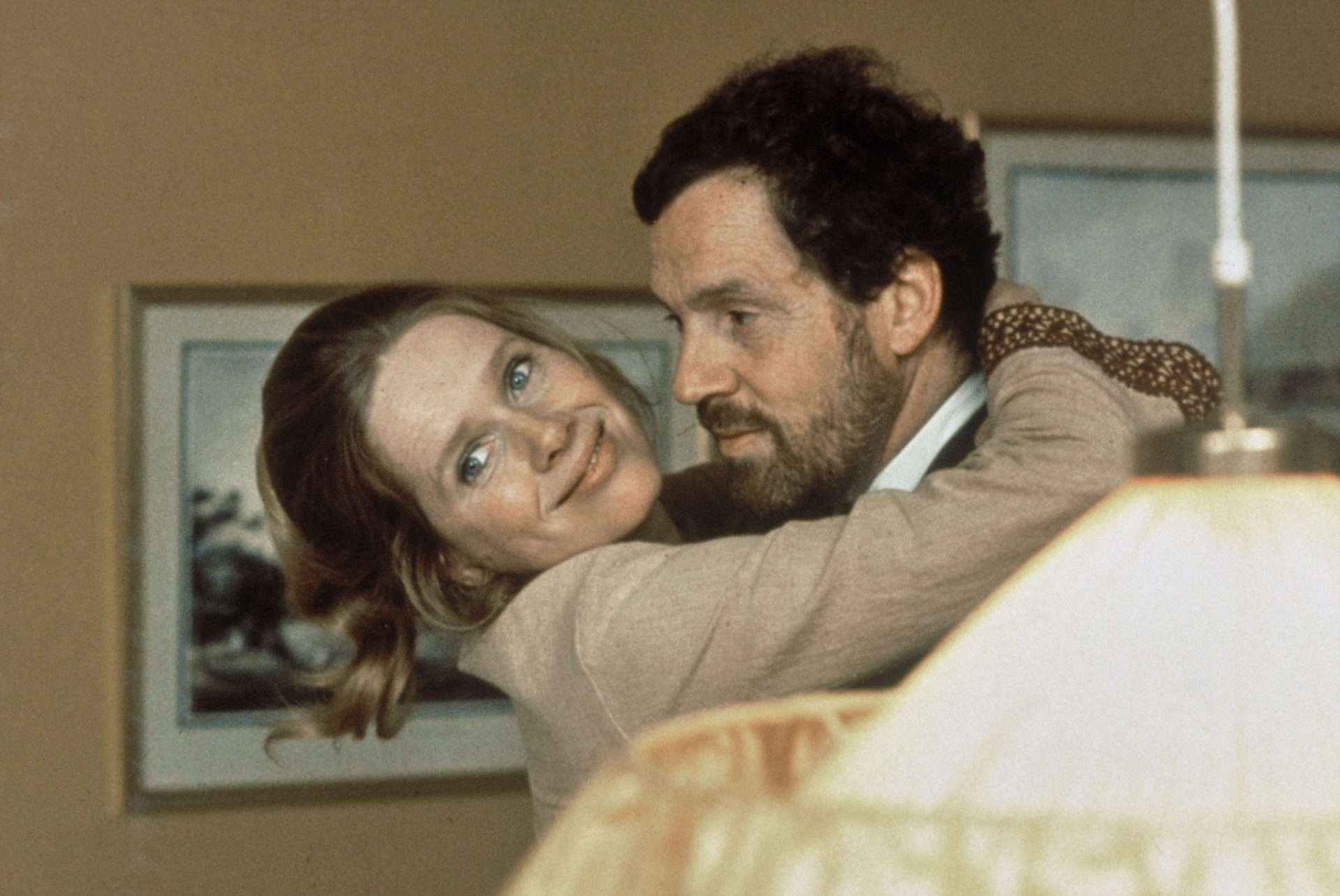
Aubrey places two Ingmar Bergman classics as her favorite works of cinema. While speaking about Fanny and Alexander, she says:
“I watch Fanny and Alexander every year. There’s obviously some dark stuff in it, but it’s a great comfort movie to me. Whenever I’m shooting a film, and I have to go live in some weird hotel in a far-off location for a month or two, I put ‘Fanny and Alexander’ on while I’m unpacking and trying to settle in. I don’t speak fluent Swedish, but I have a decent command of it. I’ve picked up a lot of Swedish from watching Fanny so many times. I’m sort of obsessed with Scandinavia and love to travel around the region”
Bergman’s 1973 10-part TV miniseries (which was later turned into a two-part film) is Aubrey’s film. It was recently adapted by Hagai Levi for an HBO drama series starring Oscar Issac and Jessica Chastain. Speaking about the 1973 classic, Aubrey says:
“From an acting perspective, Scenes from a Marriage is particularly mind-blowing. Most of it is simply conversations between two people who talk and argue, yet it’s so compelling. I can’t believe they tried to remake it. No shade on the people involved with that show—I just can’t imagine it. I love Bergman, and I really want to go to Fårö—how do you get invited to the annual Bergman festival there? I need to go.
6. La Cienaga (2001)
While talking about La Cienaga, Aubrey shares her thoughts about Lucrecia Martel as an artist and an inspirational figure. Here’s what she says:
“I saw Lucrecia Martel speak after a screening of ‘Zama’ at Lincoln Center a while ago — ‘Zama’ should be in the Criterion Collection! At that Q&A, my mouth was open the whole time. She talked about how, before the film was fully completed, she was diagnosed with cancer. She finished and released Zama despite that, which is so badass. ‘La Ciénaga’ is beautiful and fun to watch because the world Martel builds is so realistic; it’s almost like you’re a fly on the wall spending time with this family in a country home in Argentina. There’s nothing performative about it; it feels almost naked. I think women directors are the coolest, and I’m always fascinated to find out what they’re like as people. Lucrecia carries herself with so much style, which suffuses her movies. I want to be her friend. This is why I need to get better at Spanish; I can speak, but I want it to be perfect so I can throw myself at her and get her to work with me.”
7. Tie Me Up! Tie Me Down! (1989)
Aubrey speaks fondly about Pedro Almodovar’s filmmaking style and his mesmerizing 1989 film. Here’s what she says:
“I’m always drawn to movies about obsession and movies about love, and this is a dark, twisted union of both of those things. Almodóvar’s movies are like candy in that they’re so pleasurable to watch. I love how uncanny his visuals are and how he doesn’t take himself too seriously. His movies don’t feel pretentious; they’re entertaining, but they’re also substantial, and they always have a sense of joy, silliness, and weirdness to them. Almodóvar is another reason I need to work on my Spanish . . .”
8. Mikey and Nicky (1976)
Aubrey considers Elaine May as one of her idols. While sharing her thoughts on ‘Mikey and Nicky’, she notes why the film and the filmmaker hold a special place in her heart. She says:
“Elaine May is another one of my heroes. I’m desperate to play her in a biopic or something like one. ‘Mikey and Nicky’ isn’t my favorite May movie—that’d be ‘A New Leaf’ or ‘The Heartbreak Kid’ — but I had to put her on my list. It’s crazy to me how many people don’t know who she is. She’s a legendary comedian who has been around since the ’60s and is one of the first great performers doing long-form improv. The fact that she became a filmmaker at a time when there were so few women behind the camera is incredible — and she was going up against huge studios and getting into massive legal battles. She was this tiny, funny woman who didn’t give a fuck. With ‘Mikey and Nicky’, I just love to imagine her directing these big guys and how much fun they must’ve had. It’s cool as shit.”
9. Wanda (1970)
Barbara Loden’s 1970 film is one of Aubrey’s personal favorites. She opens up about why she holds it in high regard.
“Barbara Loden is fascinating, and Wanda is the kind of movie I’d love to make one day. She wrote, directed, and starred in it, and she plays a woman who gives up her children—all of that makes for a powerful statement. It’s also set in a coal-mining town relatively near to where I grew up in Delaware, so the locations feel familiar. In the film, her character comes off as impressionable, not so smart, and unhinged, and yet Loden is also behind the camera, controlling her image. The fact that she takes on both of these opposite-seeming roles is inspiring.”
10. 8½ (1963)
Federico Fellini’s 8½ is often regarded as an inspiration by several filmmakers like Martin Scorsese, David Lynch and Emir Kusturica, to name a few. Aubrey is just as much in awe of this work.
“Maybe this is an unoriginal choice, but this film never gets old. Plus, I just spent five months in Italy, so the country is fresh on my mind. I shot a movie and season two of The White Lotus there, and I thought a lot about Fellini because, at times, we were somewhat close to Cinecittà. ‘8½’ captures the magic and insanity of making movies—and there’s nothing I love more.”

